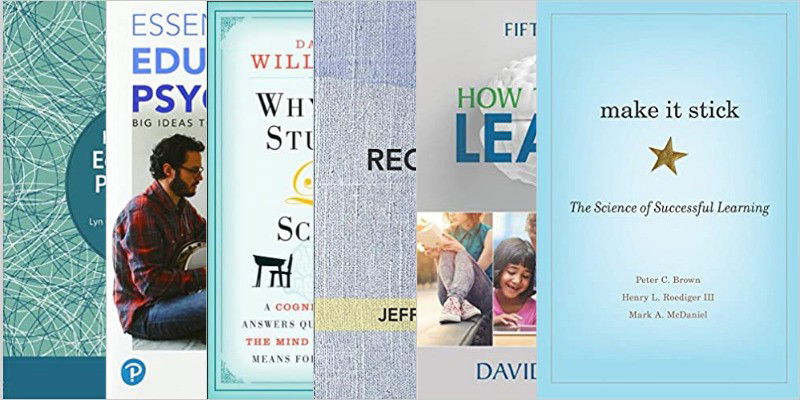Artificial intelligence (AI) is rapidly transforming many industries, and psychology is no exception. With the power of AI, psychologists can now make more accurate predictions, provide personalized treatment plans, and elevate the quality of mental health care. Here are 9 examples of how AI is being used in psychology, along with some popular apps that showcase these capabilities.
1. Virtual therapy assistants: AI-powered chatbots like Woebot and Wysa are changing the way people access mental health support. These apps provide on-demand therapy sessions, coping strategies, and emotional support, helping users manage stress, anxiety, and depression.
2. Diagnosis and assessment tools: AI algorithms can analyze speech patterns, facial expressions, and other behavioral cues to identify mental health disorders. Tools like X2AI’s Tess and IBM’s Watson are being used to assist clinicians in diagnosing conditions like depression, schizophrenia, and PTSD.
3. Predictive modeling: AI can predict mental health outcomes based on data patterns. For example, machine learning algorithms can analyze social media posts to identify individuals at risk of suicide or track mood changes over time.
4. Personalized treatment plans: AI-powered apps like Woebot can generate personalized treatment plans based on an individual’s preferences, needs, and goals. This tailored approach increases engagement and improves treatment outcomes.
5. Virtual reality therapy: AI and virtual reality technology are combined to create immersive therapy experiences for treating phobias, PTSD, and other anxiety disorders. Platforms like Psious and BehaVR offer simulations that help patients confront their fears in a controlled environment.
6. Neurofeedback training: AI algorithms can analyze brain activity to provide real-time feedback on cognitive functions. Neurofeedback apps like Brainbot and Neurable use this technology to improve focus, memory, and emotional regulation.
7. Mood tracking and monitoring: AI-powered apps like Moodpath and Mindstrong Health use passive data collection to track users’ mood, behavior, and physiological responses. This data is then analyzed to provide insights on mental health trends and triggers.
8. Cognitive behavioral therapy (CBT) tools: AI chatbots like Replika and Woebot use CBT techniques to guide users through self-help exercises, mood tracking, and coping strategies. These tools provide accessible and cost-effective support for managing mental health.
9. Psychometric testing: AI algorithms can analyze large datasets to develop psychometric assessments for personality traits, cognitive abilities, and emotional intelligence. Apps like Pymetrics and Traitify offer scientifically validated tests that help individuals understand themselves better.
In conclusion, the integration of AI in psychology is revolutionizing the way mental health care is delivered. From virtual therapy assistants to personalized treatment plans, AI is enhancing the accuracy, accessibility, and effectiveness of psychological interventions. As technology continues to advance, the potential for AI to transform the field of psychology is limitless.



